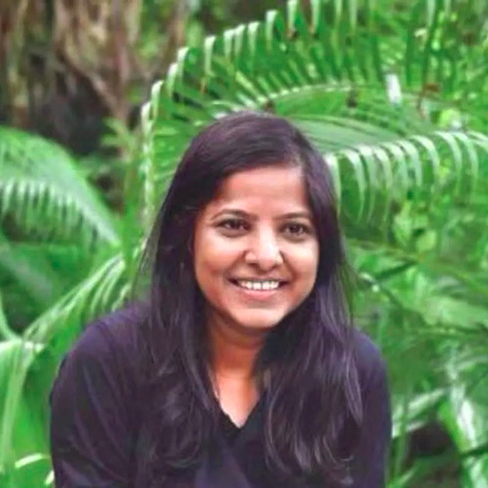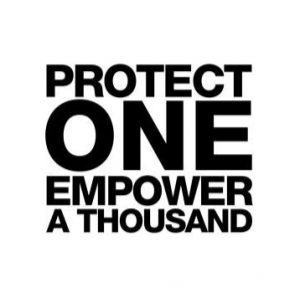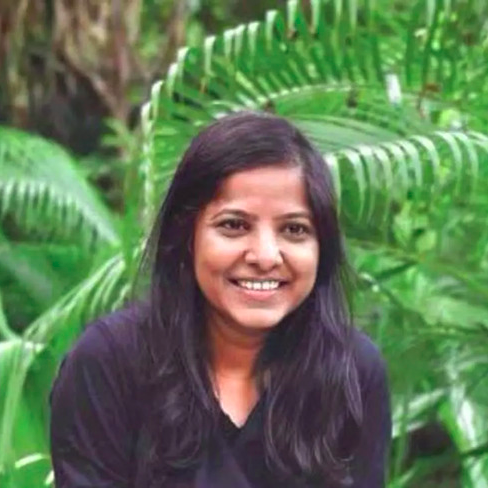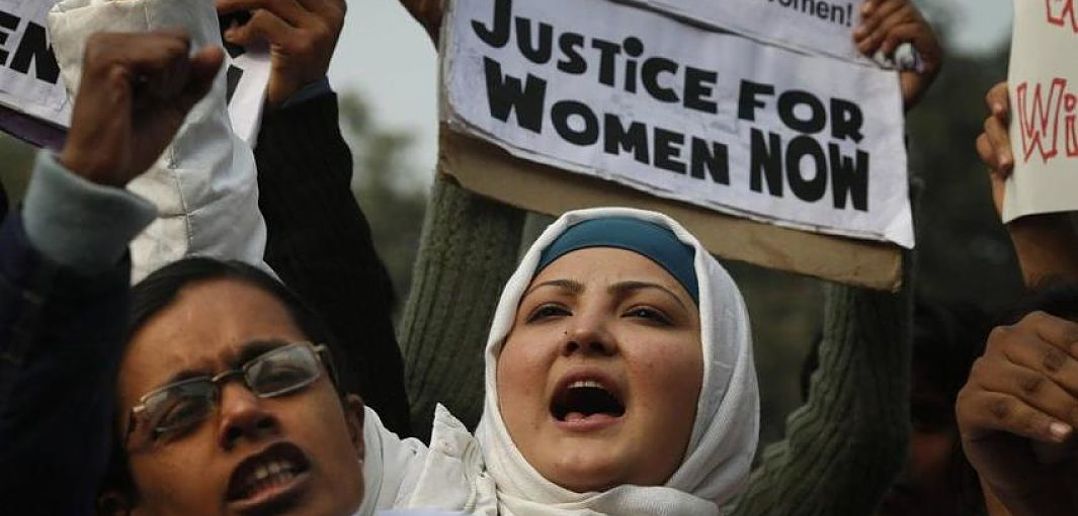
Leena Manimekalai
Leena Manimekalai is one of the India Breakthrough Talents picked by British Academy of Film and Television Arts (BAFTA) for the year 2022.
Leena Manimekalai won an Emmy Award for her work in 2017.
Leena Manimekalai won the Best Documentary Prize at Singapore South Asian Film Festival for her work in 2017.
Leena Manimekalai won the Charles Wallace Art Award (2012) in Visual Ethnography, Golden Conch at Mumbai International Film Festival for her work in 2012.
Leena Manimekalai is a woman human rights defender, filmmaker, poet and activist from Tamil Nadu, India. Manimekalai’s filmography is driven by themes of social justice and human rights including issues such as caste, gender, globalisation, enforced disappearances, art therapy, student politics, ecofeminism, indigenous people's rights and LGBTQ+ rights. Her films have received international praise and recognition.
She is one of the India Breakthrough Talents picked by British Academy of Film and Television Arts (BAFTA) for the year 2022. She has received numerous awards for her work including Emmy Award (2017), Charles Wallace Art Award (2012) in Visual Ethnography, Golden Conch at Mumbai International Film Festival and Best Documentary Prize at Singapore South Asian Film Festival. She was also the co-organizer of Asia’s first LGBTQ+ Pride Parade in July 2012. She is currently a graduate fellow completing her Masters in Fine Arts (Film) at Toronto's York University.



